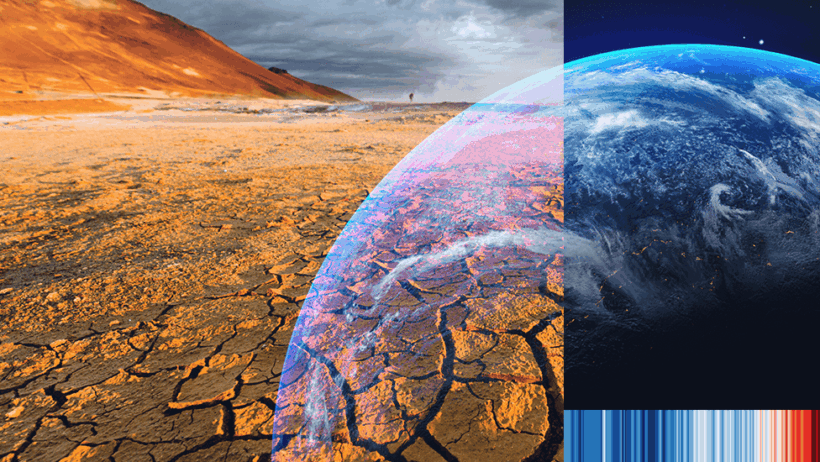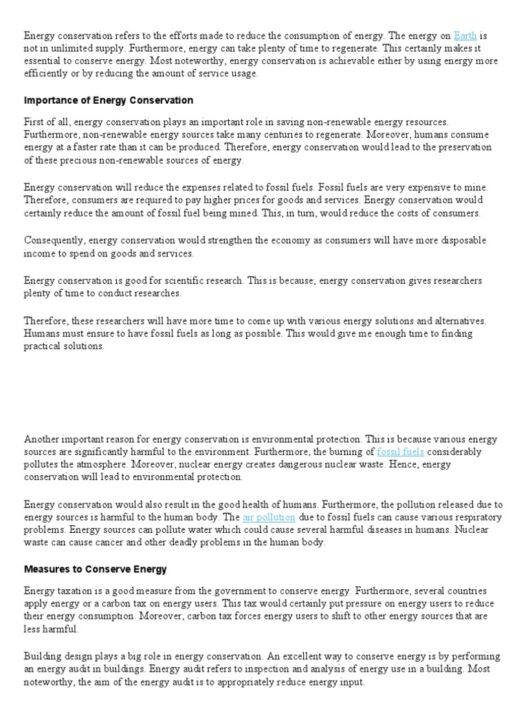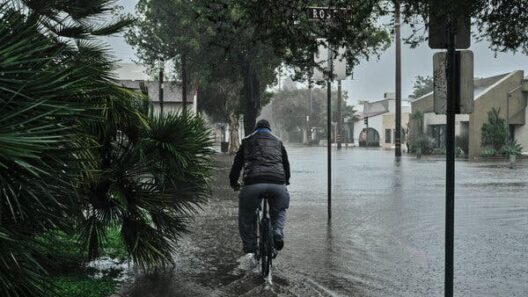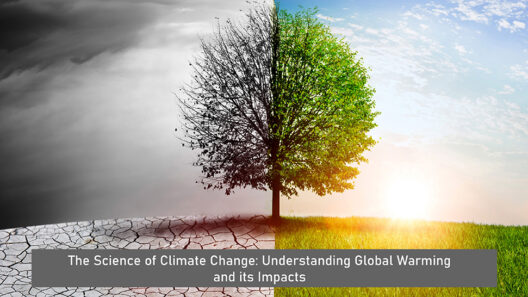Science has long been regarded as a bastion of rationality, empirical evidence, and methodical inquiry, yet in recent years, it finds itself intriguingly juxtaposed against an alarming phenomenon: global warming. As climate change escalates with unprecedented velocity, it not only perplexes scientists but also challenges the very construct of scientific understanding. The intricate tapestry of our planet’s climate is fraying, pulled apart by an array of factors that are both human-induced and natural. In tackling this phenomenon, we delve into how global warming evokes profound dilemmas within the scientific community, ultimately reshaping our comprehension of the natural world.
At the crux of this issue lies the reality of the climate emergency, which presents an astoundingly complex problem. The predominant scientific consensus recognizes human activity—chiefly the combustion of fossil fuels, deforestation, and industrial farming—as the primary driver of recent climate shifts. However, the intricate feedback loops within Earth’s climate system introduce layers of uncertainty. For instance, increases in global temperatures lead to the melting of ice caps, which subsequently diminishes the Earth’s albedo effect—the reflection of solar radiation back into space. This, in turn, heightens heat absorption, further exacerbating warming trends. Such multi-faceted interactions illuminate a troubling paradox: while the foundational principles of climate science are established, their implications burgeon into an array of uncertainties that challenge our understanding.
The fusion of complexity and consequence becomes more evident as we observe extreme weather events—hurricanes with unprecedented ferocity, droughts that stifle agriculture, and wildfires that consume ecosystems. These manifestations serve as bellwethers for a shifting climate but also underscore an important observation: scientific predictions often oscillate between alarming and overly conservative. As scientists grapple with modeling the myriad variables at play, they confront inevitable challenges inherent in predicting future scenarios. This engenders a duality where the scientific method, grounded in skepticism and refinement, is met with escalating public frustration when forecasts fail to align with lived experiences.
Moreover, the societal implications of climate science further impede progress. The political and economic realms interact precariously with scientific findings, which become fodder for debate and dissent. Interest groups and policymakers often employ selective interpretation of data to bolster their narratives, distorting public perception. This politicization of science not only polarizes discussions on climate change but also sows seeds of doubt about the credibility of scientific institutions. The ever-persistent question emerges: how can a society anchored in empirical evidence bear witness to such fractious debates? The answer lies in a deeper exploration of cognitive biases, as well as the historical context in which scientific knowledge has evolved.
Addressing these challenges necessitates a re-examination of our collective fascination with climate science. The intricate dance between knowledge and ignorance engenders intrigue. Many find themselves enthralled by the intricacies of climate modeling and the pursuit of renewable energy solutions. This fascination, however, can transform into a form of cognitive dissonance when faced with grim predictions or stark realities. People may cling to positivistic interpretations as a means of coping, undermining the gravity of the scientific consensus. This cognitive shortcut has implications for public policy, as the urgency to act can stagnate when uncertain futures are commingled with adherence to familiar paradigms.
To navigate these turbulent waters, a paradigm shift in scientific communication is essential. Scientists must not only communicate findings effectively but also embrace the narrative of uncertainty. Researchers are now tasked with elucidating the probabilities and risk factors inherent in climate predictions rather than offering deterministic forecasts. This transparency aids in mitigating public mistrust and fosters a more informed populace, empowered to engage in climate action. Furthermore, interdisciplinary collaborations have the potential to burgeon innovative solutions, as social scientists, economists, and ethicists join forces with climate scientists to address the multifaceted dimensions of climate change.
A pivotal aspect of combating climate-related challenges is education. Science education must transcend the confines of classrooms, galvanizing individuals to understand the implications of global warming on their everyday lives. The inclusion of climate literature in curricula can cultivate critical thinking and foster a generation that is not only aware of climate challenges but is also equipped to tackle them. By integrating principles such as sustainability and conservation into educational frameworks, we can fortify societal resilience against climate disruption.
As we reflect on the relationship between global warming and scientific understanding, it becomes evident that embracing uncertainty is not synonymous with despair; rather, it is a call for action. The challenges posed by climate change herald a period of intellectual renaissance. The scientific community stands at a crossroads, compelled to evolve in its methodologies, outreach, and interpretations of evidence. In doing so, it reaffirms its role as a guardian of knowledge in an epoch where the health of our planet hangs precariously in the balance.
The urgency for collective action against climate change remains palpable, yet it requires a concerted effort to bridge the chasm between science and society. As the narrative of science evolves, so too must our understanding of the environment we inhabit. In revealing the inscrutable complexities of climate change, we unlock the potential for a renewed commitment to stewardship of the Earth, fostering a more sustainable future enriched by scientific literacy and a profound appreciation of our world.








